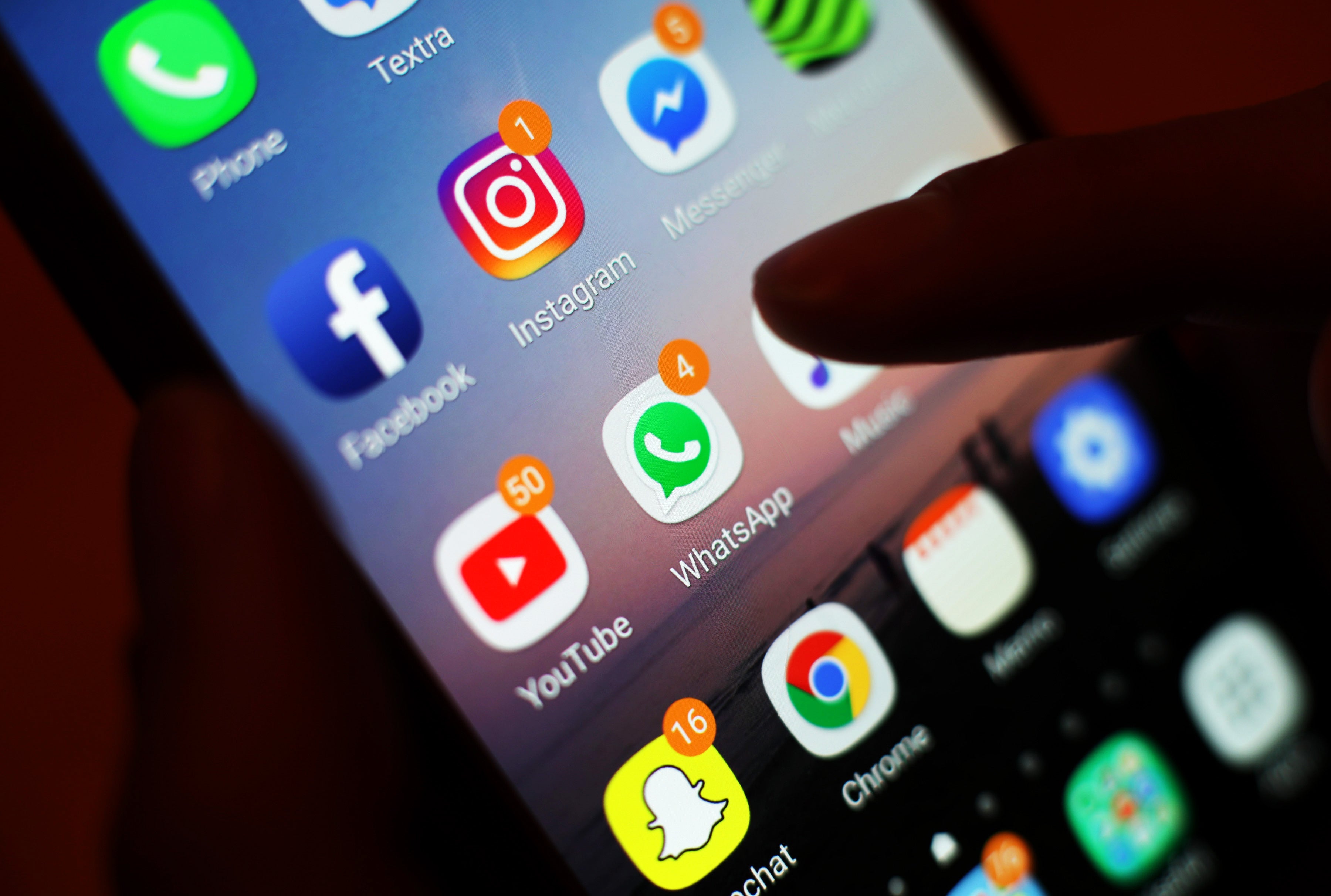Smartphones should be treated like cars, not cigarettes – with technology built to mitigate harms rather than being banned outright, academics have argued.
In a new piece published in the British Medical Journal, five academics who have studied smartphone bans in schools push for more child-friendly technology rather than phones being taken away.
It comes as Sir Keir Starmer told MPs at Prime Minister’s Questions on Wednesday that a ban on phones in schools was “completely unnecessary”.
“I’ve got teenage children, almost every school bans phones in school. They do it already. We need to concentrate on what is really important here, which is getting to the content that children shouldn’t be accessing,” he said.
Research from Teacher Tapp, an app that surveys thousands of teachers in the UK, found in December 2024 that in 56 per cent of secondary schools, children are allowed mobiles on site but are not allowed to take them out of their bags.
According to the survey, the majority of teachers at schools where pupils were allowed to keep their phones, rather than hand them in, would prefer if they were banned completely – with 78 per cent of people backing tougher bans.

Academics from the University of Birmingham, Harvard, and universities in Brazil and Sweden published a study in February examining the impacts of policies in 30 English secondary schools.
The study, co-authored by Dr Victoria Goodyear, found that there was no evidence to suggest restrictive school phone policies impacted the child’s use of social media or their mental health. They examined 20 schools where students were not allowed to use phones during recreational periods and 10 where this was allowed.
“We found in our research that there is an association between the more time that adolescents spend on their phones and on social media, in relation to worsened outcomes. That can be across mental health, anxiety, depression, sleep, physical activity, attainment and disruptive classroom behaviour,” Dr Goodyear said.
The academic said a recent evaluation of school phone policies in England found there was no difference in outcomes between adolescents that attended a school with a phone ban and those that didn’t.
“If bans alone are not enough, what else do we need to do?” she said. “We need to equip children for healthy technology use. There are two key ways; firstly an age-appropriate design, and secondly equipping children with digital skills”.
In a follow-up article to their study published on Thursday, the researchers said the evidence about the impact of smartphones on children is “not clear cut”. They said that so far, despite positive anecdotal data from the implementation of smartphone bans, “we do not have the evidence to establish the types of bans that are effective and what works best for children of different ages”.
The professors argued that “prescribing abstinence from all technologies to protect against harms is unrealistic and potentially detrimental in a society where technology use is a practical necessity and confers various benefits”.
They gave the example of sub-Saharan Africa, where social media can provide access to essential healthcare services, or in China, where social media access can help LGBT+ teenagers to find community.
They likened smartphones to cars, saying that safety regulations should be put in place to mitigate the potential harms. But they should not be treated like cigarettes, where outright bans are effective.
The UK is now lagging behind Europe on action on smartphones, with Denmark, Spain, the Netherlands, France, Norway and others imposing limits on school use or social media for children.







